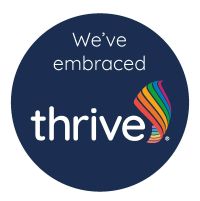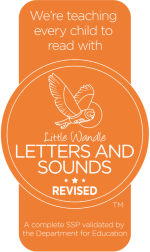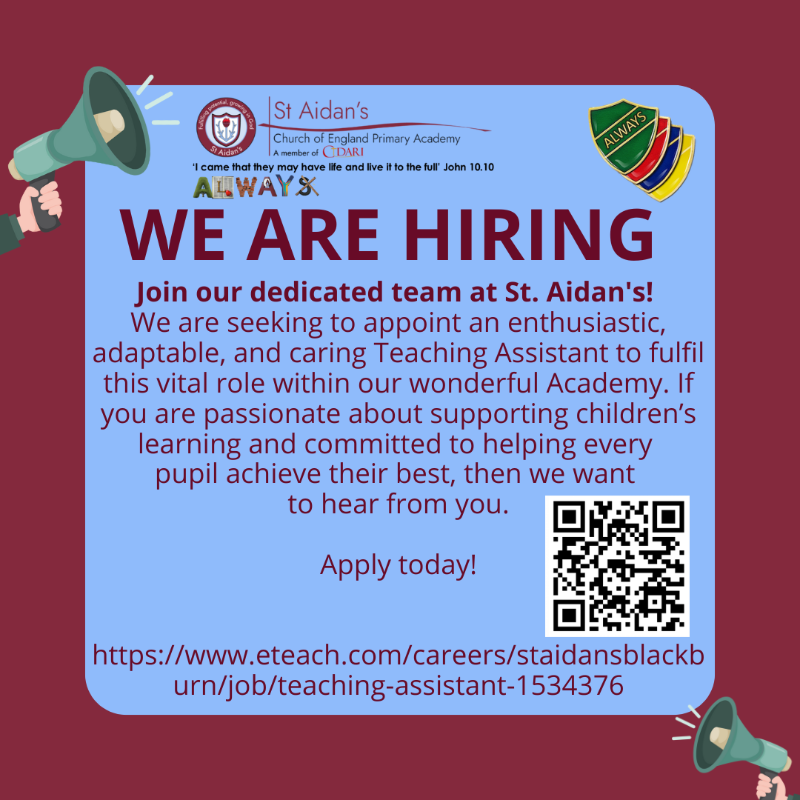
In school, oracy is a powerful tool for learning; by teaching students to become more effective speakers and listeners we empower them to better understand themselves, each other and the world around them. It is also a route to social mobility, empowering all students, not just some, to find their voice to succeed in school and life. (Voice 21)
We are working with Voice 21 to develop the children's Oracy skills to enhance their speaking and listening.
Over the last two years we have participated in many different activities and games to improve active listening, parental engagement, and discussions.
The benefits of Oracy skills go far beyond academic achievement and employability however, they boost a whole range of social, emotional, and interpersonal skills, including self-confidence, self-awareness, resilience, and empathy.
Oracy is enabling children in our school to improve their confidence in communicating effectively with one another, expressing their opinion, and participating in discussions both verbally and non-verbally.
The deliberate, explicit and systematic teaching of oracy across phases and throughout the curriculum will support children and young people to make progress in the four strands of oracy outlined in the Oracy Framework.
The Oracy Framework can be used as a basis of formative assessment, enabling you to gauge what your students have or have not yet grasped and informing you what to teach next.
We are embedding sentence stems in our planning across the curriculum to help scaffold class discussions whilst also ensuring that children of all abilities can access the learning. It is also beginning to have an impact on children's writing because children are applying the sentence stems within their writing.
.png) Oracy: Finding Our Voice, Shaping Our School
Oracy: Finding Our Voice, Shaping Our School
"At St Aidan’s, we don’t just learn to talk; we talk to learn—and we speak to lead."
.png) Our Oracy Week: A Culture of Communication
Our Oracy Week: A Culture of Communication
We provide protected time every week to ensure every child at St Aidan's develops the confidence to articulate their ideas and the empathy to listen to others.
Talk on Tuesdays: Our protected, "gold-standard" oracy time. These sessions are dedicated solely to the explicit teaching of oracy skills, allowing children to reflect on their progress and master the four strands of the Oracy Framework.
Talk on Tuesday sessions
How Do I Feel About Oracy - Part 1
How Do I Feel About Oracy - Part 2
The Role of Oracy in Maths - Part 1
The Role of Oracy in Math - Part 2






Talk Assemblies
Talk Assemblies (Wednesdays): Led by our staff Oracy Champions, these assemblies facilitate high-quality whole-school dialogue. We tackle big questions, using our collective voice to explore world issues and school life.
Children's Mental Health Week Talk Worship
Respect in Action Talk Worship

Talk and Tales (Afternoons): We open our doors to the community! Parents are welcomed into KS1 to join our Oracy journey, learning alongside their children to help our youngest voices flourish.


 The "ALWAYS" School Council: Advocacy in Action
The "ALWAYS" School Council: Advocacy in Action
At St Aidan’s, the School Council isn't just a committee—it’s a half-termly event where every single child has a voice. We meet in our mixed-year House Teams to facilitate rich, pupil-led discussions:

 Voice to Vision: Real Changes We’ve Made
Voice to Vision: Real Changes We’ve Made
We believe that when children speak, things should change. Here are three examples of how student oracy has directly reshaped our school:

From Boredom to "ALWAYS Play"
The Talk: Children shared that playtimes lacked imagination and creativity. The Action: We invested in ALWAYS Play, transforming the playground into pedagogical zones. Now, our Year 6 Sports Crew use their oracy skills to lead and facilitate creative play every single breaktime.
![]() Introducing "SHINE DINE"
Introducing "SHINE DINE"
The Talk: Pupils told us that lunchtimes felt loud, busy, and overwhelming. The Action: We reduced the number of classes in the hall and created a carousel structure. Now, two year groups at a time enjoy a calmer, fairer environment designed for social flourishing.
 "DINE and DIALOGUE"
"DINE and DIALOGUE"
The Talk: Students noticed they weren't actually talking to each other while eating. The Action: Our Oracy Champions, along with the Head Boy and Head Girl, now lead Dine and Dialogue. Daily topics are provided to facilitate debates using different oracy strands and dialects, ensuring lunchtime is as intellectually nourishing as it is physical.
???? Oracy Assessment & Home Learning
- Marking & Feedback: Our Oracy Marking Policy ensures that spoken contributions are valued as highly as written work. Teachers provide "live" feedback on the four strands to help children up-level their speech in the moment.
-
Oracy Newsletters: Each week, our "Talk Homework" is sent home to parents, providing specific prompts to keep the conversation going around the dinner table.
- Oracy Star of the Week: We celebrate the progress of our orators, from those finding their initial confidence to those mastering complex debate.



.jpg) Dine and Dialogue
Dine and Dialogue

.jpg) Oracy: The Golden Thread of Our Curriculum
Oracy: The Golden Thread of Our Curriculum
At St Aidan’s, Oracy is the golden thread that allows all learning to accelerate. It is not merely an "add-on" but a priority at the heart of our curriculum planning. Every lesson is carefully adapted and tailored with specific Oracy outcomes in mind, ensuring that as children gain knowledge, they also gain the power to express it.
Throughout every unit of work, pupils utilise a sophisticated toolkit to sharpen their communication:
- Talk Tactics: Pupils learn to Instigate, Build, Challenge, and Summarise ideas.
- Dynamic Groupings: From Pairs and Trios to Nesting and Harkness circles, children learn to navigate different social contexts.
- Protocols for Talk: We use Talk Tokens, Listening Ladders, and Discussion Guidelines to ensure every voice is heard and valued.
 Showcasing Our Learning Through Voice
Showcasing Our Learning Through Voice
While Oracy happens daily, the "finish line" of our units is often an Oracy Outcome—a purposeful opportunity for pupils to showcase their hard-earned knowledge through their voices.
- Year 1 Geography
 : After exploring the four countries of the UK, our pupils find their "Presentational Talk" feet by delivering their findings to a live audience.
: After exploring the four countries of the UK, our pupils find their "Presentational Talk" feet by delivering their findings to a live audience. - Year 2 Design & Technology
 : Pupils demonstrate their "Linguistic" and "Social" strands by explaining the mechanics and design of their car projects to parents and carers.
: Pupils demonstrate their "Linguistic" and "Social" strands by explaining the mechanics and design of their car projects to parents and carers. - Year 3 Geography
 : Our young experts master the art of the News Report. Using "Physical" oracy to convey pathos and authority, they present broadcasts on earthquakes and volcanoes to other year groups.
: Our young experts master the art of the News Report. Using "Physical" oracy to convey pathos and authority, they present broadcasts on earthquakes and volcanoes to other year groups.
- Year 6 History
 : Reaching the pinnacle of the framework, Year 6 pupils construct complex narratives for an Ancient Greek Broadcast. They spontaneously respond to challenging questions, citing historical evidence with flair and stage presence.
: Reaching the pinnacle of the framework, Year 6 pupils construct complex narratives for an Ancient Greek Broadcast. They spontaneously respond to challenging questions, citing historical evidence with flair and stage presence.
By planning for these outcomes, we ensure that our pupils don't just "do" History or Geography—they become historians and geographers who can speak with confidence, passion, and purpose.
.jpg)
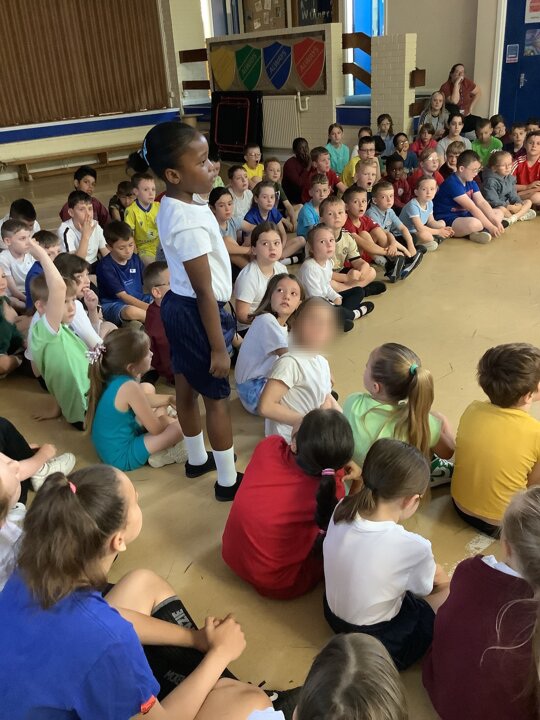
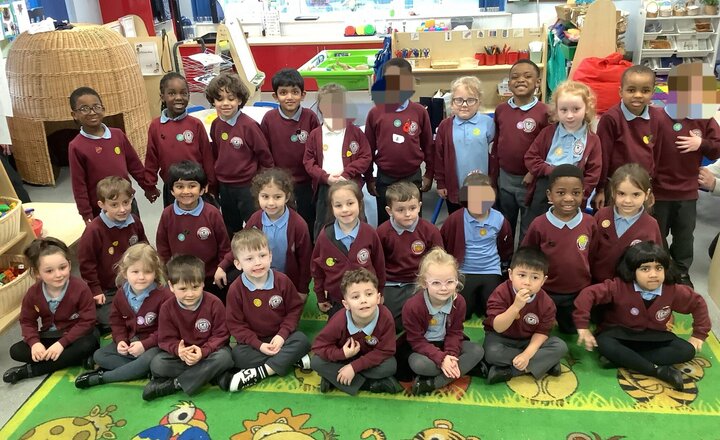
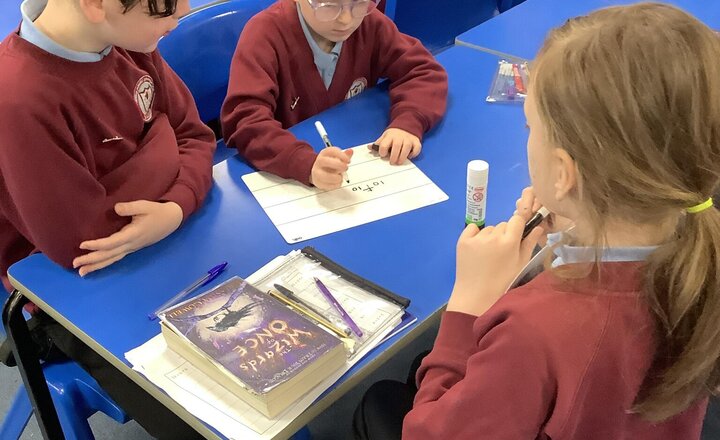
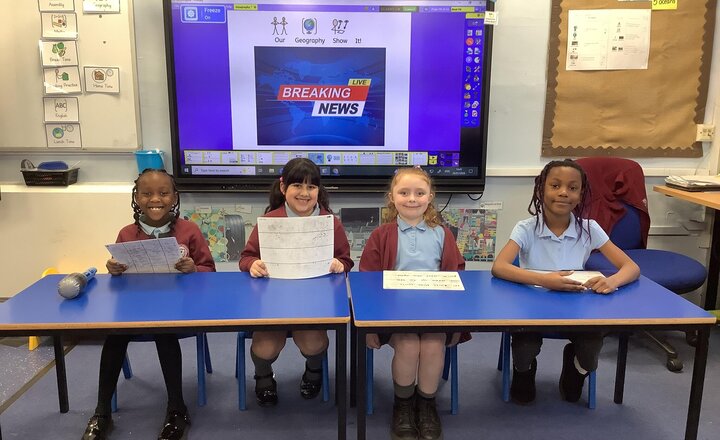
.png)
.png)
.png)
